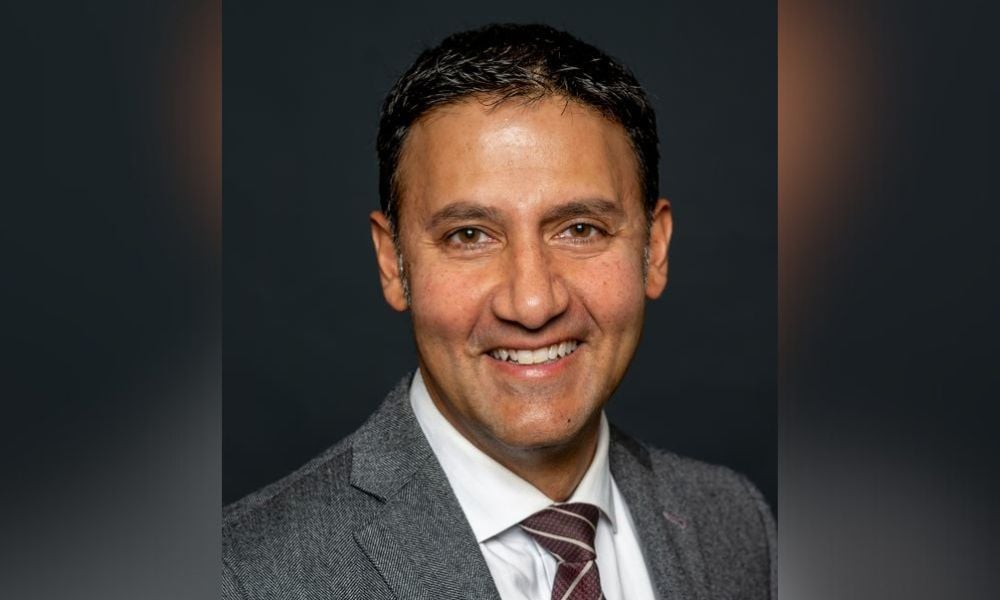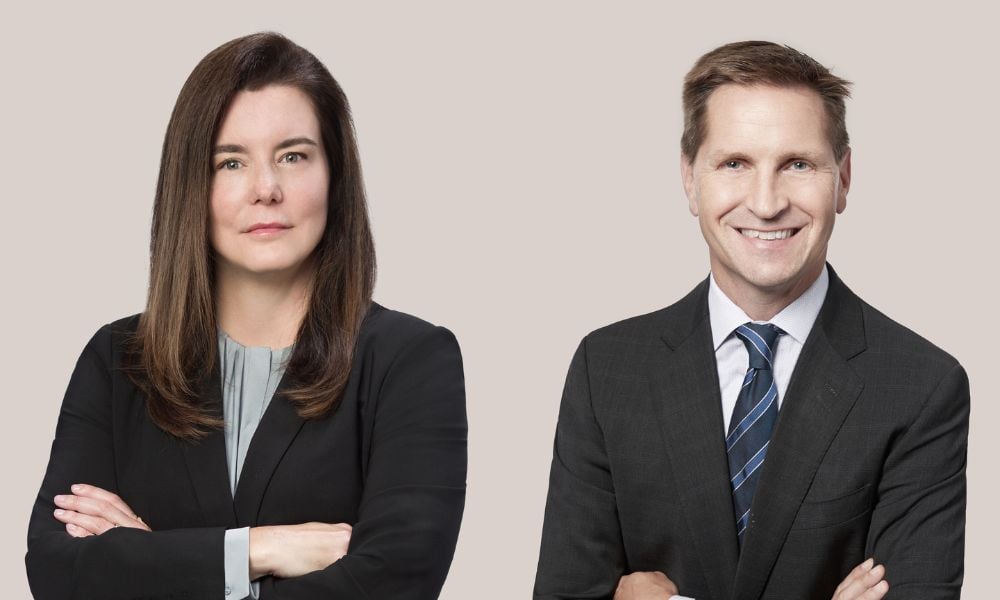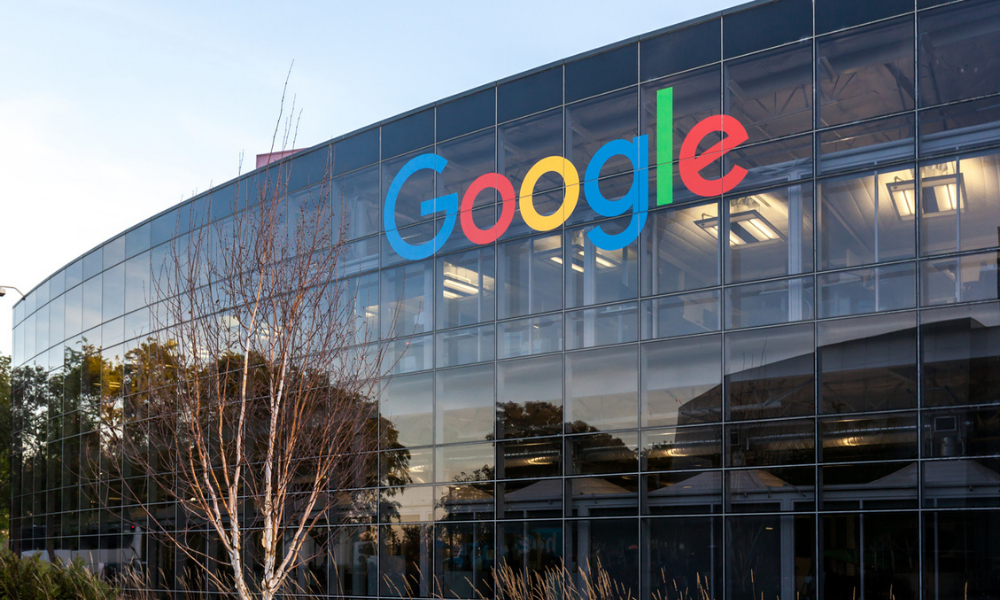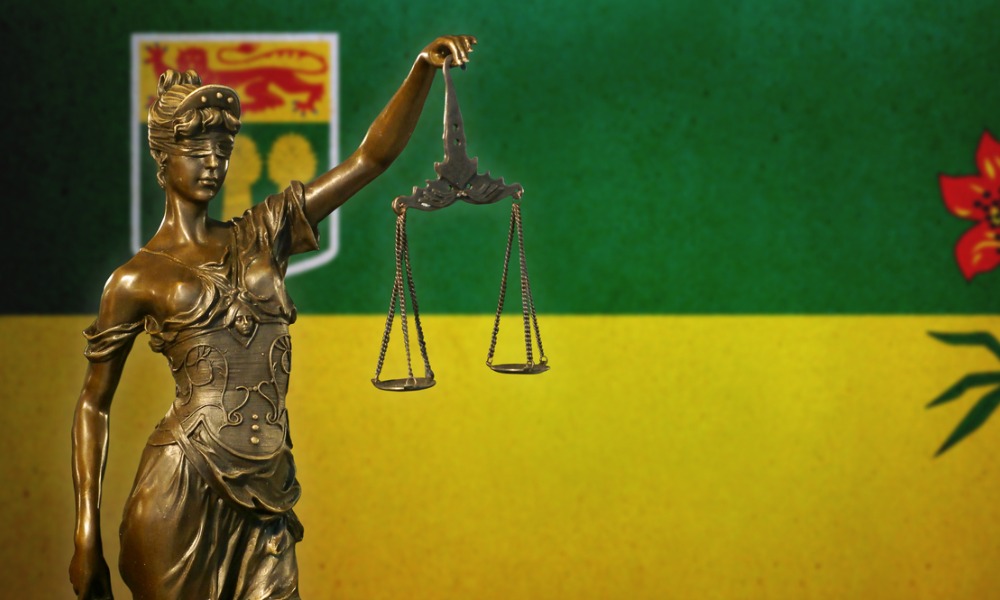The financial crisis has increased personal liability risk for directors and officers, particularly if their companies are affected by insolvency or fraud, according to insurance and legal experts.
As a result, corporate counsel need to understand how to properly apply the coverage of directors and officers liability insurance, widely known as D&O, that many corporations purchase, said Jordan S. Solway, general counsel and vice president of claims at Munich Reinsurance Co. of Canada.
Speaking at a D&O seminar organized by the Association of Corporate Counsel’s Ontario chapter and hosted by Davies Howe Partners, Solway told attending in-house counsel they need to carefully balance advice for the board with looking over agreements offered by the insurance company.
“Make sure the board is aware of the difference in prices and the differences in quality. . . . One size doesn’t fit all,” said Solway, adding, “feel free to change the [insurance contract wording before signing] and get counsel involved to do a review of the coverage to make sure it fits your risk profile.”
That’s important because companies get D&O insurance from brokers who often have a general policy to offer, but might not fully understand the needs or the risk profile of the company purchasing the insurance.
Factors that are important in the D&O insurance process include the size of the company, where its shares are listed, as well as the histories of both the board members or officers being insured and the company itself, according to Solway’s presentation.
While in the past establishing a risk profile was easier, the rocky economic climate means companies are increasingly finding themselves in trouble in shorter periods of time, and that increases risk for officers.
“The path to insolvency is much shorter,” said Solway, telling corporate counsel they should be involved in risk-reduction strategies for both company and officer profiles, which often are linked to each other. “To the board it’s not just about financial risk, but also about reputational risk.”
In addition to the economic climate, certain activities that a company goes through also increase its D&O insurance profile.
“D&O claims increase when there are insolvency issues. The same is true for mergers and acquisitions,” said Ava Kanner, a partner at Davies Howe.
D&O is a type of liability insurance payable to the directors and officers of a company to cover damages or defence costs stemming from lawsuits that name the officers or board members directly. What it covers varies by policy.
The general idea is that it covers a loss resulting from a wrongful act which a director or officer becomes legally obliged to pay on account of a claim made and reported during the policy period, according to David Cherepacha, another presenter and partner at Davies Howe.
There are exclusions, like clear fraud, which affect only the insured who actually committed it, said Cherepacha.







